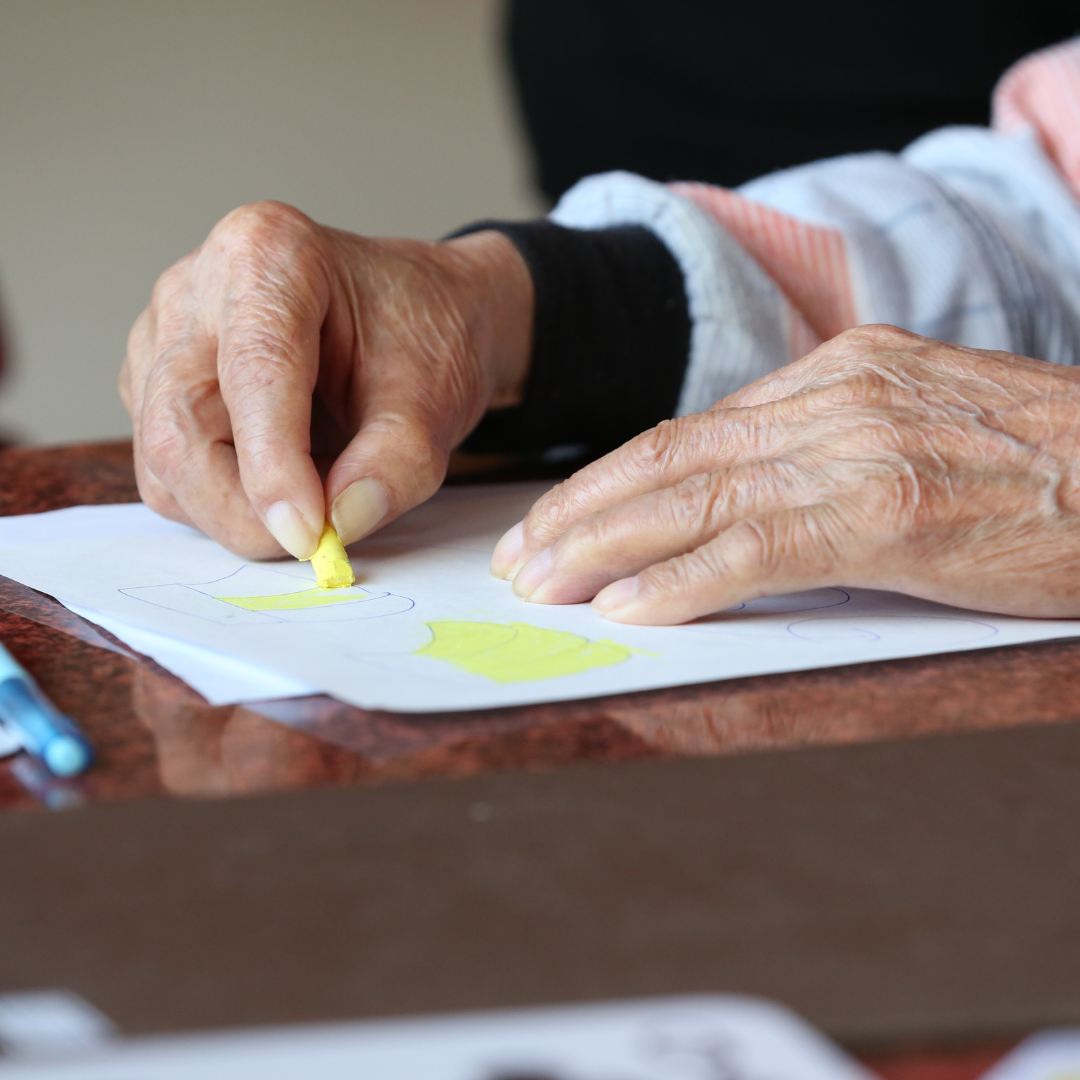
Innovative Therapies and Activities For Meaningful Engagement
For individuals living with Alzheimer’s, meaningful engagement is essential—not just for cognitive stimulation, but also for preserving dignity, reducing anxiety, and enhancing quality of life. Fortunately, a variety of innovative therapies and activities are proving to be highly effective in connecting with residents on a deeper, more personal level.
Creating a Supportive Environment for Alzheimer’s Impacted Individuals
When people think of Alzheimer’s disease, the first symptom that usually comes to mind is memory loss. However, Alzheimer’s affects much more than just memory. It is a progressive disease that impacts various aspects of cognitive and physical functioning, making daily tasks increasingly difficult.
For families and caregivers, understanding these diverse symptoms can provide greater insight into the challenges their loved ones face. While there is no cure for Alzheimer’s, educating ourselves about the full range of symptoms can help create a more supportive environment for those living with the disease.
Sensory Gardens: Nature as Medicine
Sensory gardens are specially designed outdoor spaces that stimulate the senses through touch, smell, sight, and sound. Residents can run their hands through soft plants, smell fragrant flowers like lavender and rosemary, or listen to the gentle sound of wind chimes. These gardens offer a peaceful environment that promotes relaxation, encourages gentle movement, and reconnects residents with nature in a safe, accessible way.
Art Therapy: Expression Without Words
Art therapy allows Alzheimer’s residents to express emotions and creativity even when verbal communication becomes difficult. Painting, drawing, or sculpting taps into long-term memory and can evoke a sense of calm and joy. The process—not the finished product—offers a nonjudgmental space for self-expression, which can reduce stress and improve mood.
Tailored Activities for Every Stage
Other successful engagement strategies include puzzles, hand massages, pet therapy, guided storytelling, and interactive technology like touch-screen games or virtual reality. The key is to adapt activities to the individual’s current cognitive and physical abilities while honoring their interests and history.
Memory Boxes: Rekindling the Past
Memory boxes are personalized collections of objects from a resident’s past—photos, keepsakes, old postcards, or even fabrics from a favorite item of clothing. These tangible reminders can spark meaningful conversations, trigger positive memories, and help staff or family members better understand the resident’s history. Memory boxes often lead to moments of clarity and connection that are deeply rewarding.
Music Therapy: Unlocking Hidden Memories
Music has a unique ability to reach areas of the brain that other therapies may not. Familiar songs can bring joy, reduce agitation, and even prompt residents to sing or dance. In many cases, music therapy can briefly restore a sense of identity and connection that feels lost.
Comfort, Connection, and Purpose
Engaging residents with Alzheimer’s isn’t just about keeping them busy—it’s about bringing comfort, connection, and purpose to their daily lives. With compassion and creativity, these innovative therapies can help residents continue to feel seen, valued, and alive in every moment.
Senior Care, Hospice Care, and Palliative Care Accommodations in San Diego
RanchView Senior Assisted Living is a family owned and operated independent and assisted living community in Encinitas, California. We offer progressively increasing levels of care according to our residents’ needs. Experience memory care in a relaxed, home-like environment.
Respite Care in San Diego
At RanchView, we offer respite care accommodations. The respite care program enables family caregivers to take time to rest, recover from stress, and restore much-needed balance in their lives. With this service, we open our doors to individuals living with Alzheimer’s or dementia for a limited stay in our memory care community. This gives family caregivers the opportunity to have temporary relief from the responsibilities of caregiving, without the need for families to make an immediate decision about long-term care.



